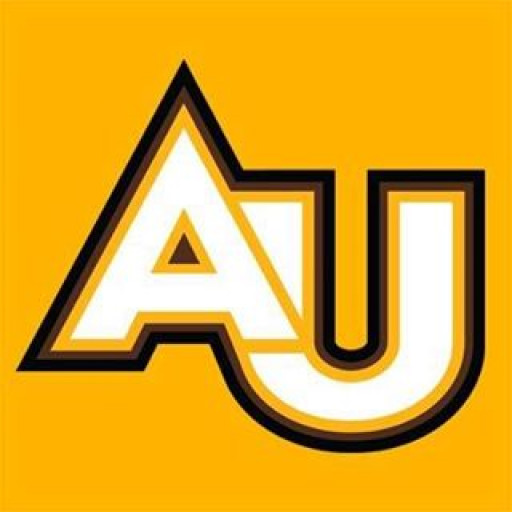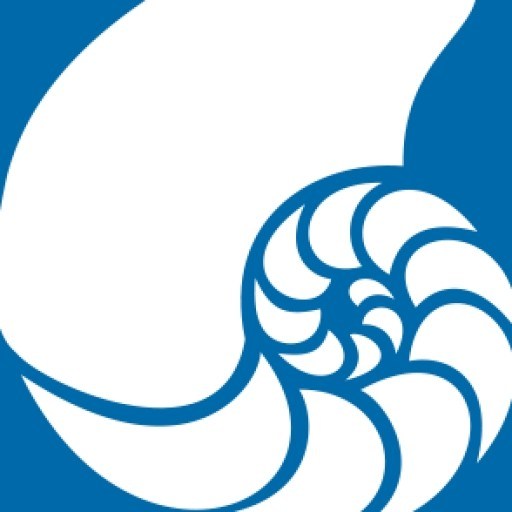Photos of university / #universityofga
Early Childhood Education at the University of Georgia prepares students to become effective educators and caregivers for young children from birth through age eight. This comprehensive program focuses on the development of essential skills and knowledge necessary to support the cognitive, social, emotional, and physical growth of young learners in diverse educational settings. Students will explore evidence-based teaching methods, child development theories, and curriculum design tailored to early childhood stages. The curriculum emphasizes hands-on experience through supervised practicum placements in local preschools and early education centers, enabling students to apply their learning in real-world environments. Coursework covers topics such as literacy and language development, mathematics in early childhood, health and nutrition, inclusive education, and family engagement. The program also highlights the importance of culturally responsive teaching practices, fostering an understanding of diversity and equity in early childhood settings. Graduates of the Early Childhood Education program will be equipped with the pedagogical skills and professional competencies needed to foster positive learning experiences, promote developmental milestones, and support the holistic well-being of young children. This program aligns with national Early Childhood Education standards and aims to prepare educators to work in a variety of settings including public and private preschools, Head Start programs, and early intervention services. With a curriculum designed by experienced faculty members dedicated to innovative early childhood teaching, the program ensures that graduates are well-prepared to contribute meaningfully to the educational and developmental success of young children, advocating for quality early education and lifelong learning.
The MEd in Early Childhood Education exposes you to a range of skills including classroom teaching, curriculum planning, and research. The design of the degree program will prepare you as a teacher-researcher and help you use best practices to improve student learning.
The program's coursework includes:
- Educational theory
- Early childhood curricula
- Methods courses in language, literacy, mathematics, science, and social studies
The program also gives you the chance to design and carry out research projects in elementary school classrooms. This can help inform your work as an educator and enhance your ability to support diverse learners.
The program of study for the MEd in Early Childhood Education consists of 12 classes in these areas:
- Curriculum and teaching
- Historical and social foundations
- Psychological foundations
- School subjects
- Research
Through electives, you can earn endorsements in fields such as ESOL, reading, and gifted education. The program offers you great flexibility in choosing courses that meet your goals and interests.
- Submit an online application to the Graduate School
- Test scores (depending on your program)
- Unofficial transcripts (native language and English for international applicants)
- Three letters of recommendation
The program faculty may request additional materials from applicants. As you complete your application for the UGA Graduate School, you will be able to attach the following documents:
- Curriculum vita (CV) or resume
- Statement of purpose (short essay)
- Official transcripts
The University of Georgia offers various options for financing studies in the Early Childhood Education program to support students throughout their academic journey. Tuition fees for in-state students are generally lower compared to out-of-state students, reflecting the university’s commitment to accessible education for Georgia residents. The current in-state tuition fee for undergraduate programs is approximately $11,000 per year, while out-of-state students pay around $31,000 annually. These figures may vary slightly depending on the specific courses and credit hours taken.
Students are encouraged to explore multiple sources of financial assistance, including federal financial aid through the Free Application for Federal Student Aid (FAFSA). By completing the FAFSA, students may be eligible for need-based grants such as the Pell Grant, which provides financial support to students demonstrating economic need. The university also offers institutional scholarships based on academic merit, leadership qualities, and diversity considerations. These scholarships can range from several hundred to several thousand dollars annually and are awarded based on application and eligibility criteria.
In addition to scholarships and grants, students can pursue student loans to cover remaining educational expenses. The university participates in federal loan programs such as Stafford Loans and Perkins Loans, which offer favorable interest rates and repayment options. Part-time employment opportunities are also available on campus, allowing students to earn income while gaining work experience relevant to their field of study. The Georgia Work-Study Program is another avenue that provides financial support to eligible students through on-campus employment.
For students pursuing degrees in Early Childhood Education, the university offers specific assistantship and internship programs that may include stipends or financial stipends to support practical training and fieldwork. Moreover, some students might qualify for state-level grants or special funding initiatives targeting education majors. International students should consider additional financing options, such as private scholarships or external funding sources, as federal aid eligibility may be limited.
Overall, the University of Georgia provides a comprehensive range of financing options designed to make studying Early Childhood Education accessible and affordable. Prospective and current students are advised to consult the university’s financial aid office and official website for detailed application procedures, deadlines, and eligibility requirements to maximize their financial support options during their studies.
The Bachelor of Science in Early Childhood Education at the University of Georgia is designed to prepare students to become effective early childhood educators, capable of fostering the developmental and educational growth of young children. This program emphasizes a comprehensive understanding of child development theories, educational psychology, and pedagogical practices tailored to children from birth through age eight. Students engage in coursework that covers core topics such as literacy development, mathematics readiness, science and social studies integration, and the importance of inclusive and culturally responsive teaching methods. The curriculum also prioritizes hands-on experience through practicum placements in diverse early childhood settings, enabling students to apply their theoretical knowledge in real-world environments.
In addition to classroom learning, the program incorporates training in family and community engagement, assessment strategies, and the use of technology to enhance instruction. The faculty dedicated to this program are experts in early childhood education, with extensive research and practical experience. The program aims to produce graduates who are not only knowledgeable about early childhood development but also equipped with the skills to advocate for young children and support their learning in preschool and early elementary settings.
Graduates of the program are qualified to work in a variety of settings, including preschools, Head Start programs, daycare centers, and early intervention programs. Many students also pursue further education or certification to enhance their qualifications in early childhood education. The program aligns with state and national standards for early childhood teaching, ensuring graduates meet required competencies for licensing and employment in various regions. Overall, the University of Georgia’s Early Childhood Education program seeks to develop professional educators committed to making a positive impact on children’s lives through innovative and compassionate teaching practices.







